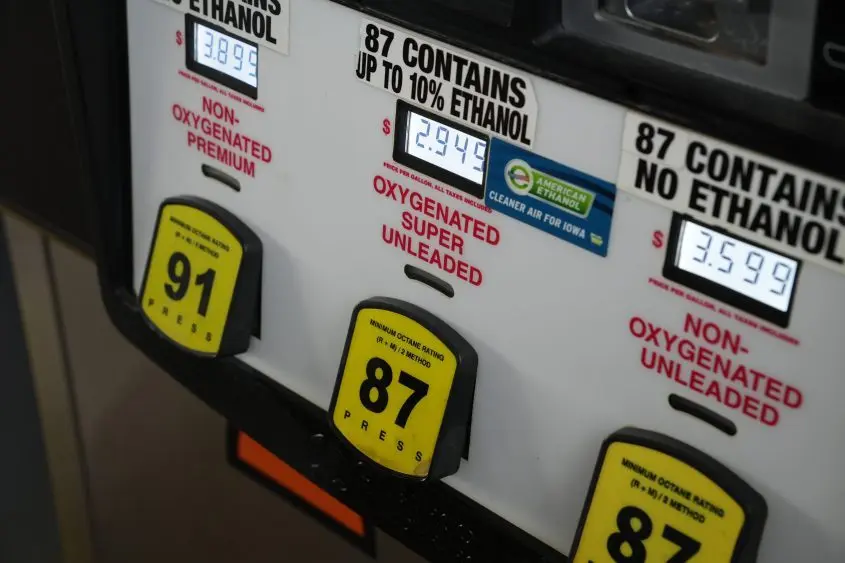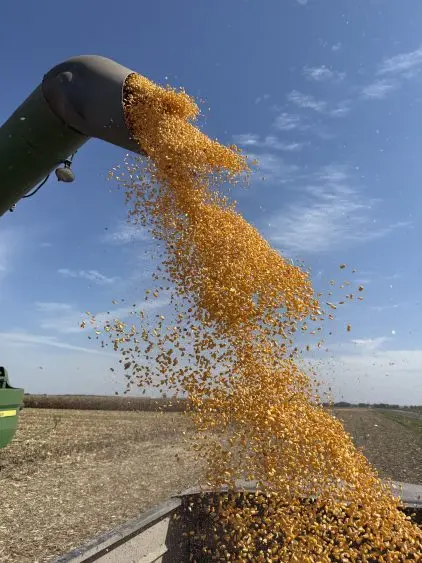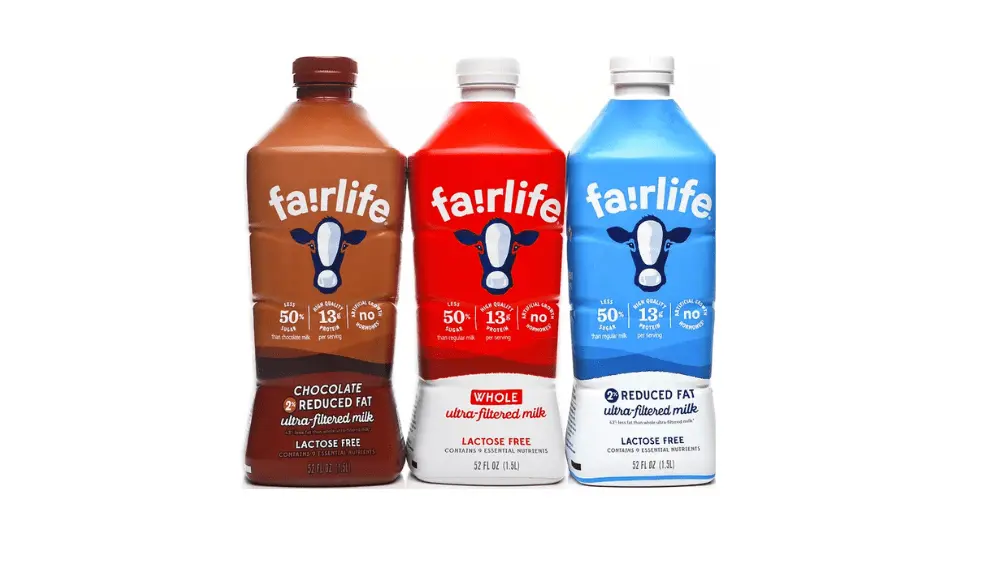WASHINGTON — The Environmental Protection Agency is moving to resolve a years-long backlog of Small Refinery Exemption petitions under the Renewable Fuel Standard, a federal program requiring refiners to blend a minimum volume of renewable fuels into the nation’s fuel supply. The agency announced it has acted on 175 petitions filed by 38 small refineries covering compliance years 2016 through 2024.
In consultation with the Department of Energy, the EPA reviewed information submitted by each refinery before making its determinations. Officials said each petition was evaluated for consistency with the Clean Air Act and case law, with decisions based on hardship claims and economic circumstances provided by the refineries.
Following the review, the agency said it is granting full exemptions to 63 petitions, granting partial exemptions to 77 petitions, denying 28 petitions, and finding seven petitions ineligible. EPA said this clears a backlog of refinery exemption requests that has created uncertainty for years across both the refining and biofuels industries.
The Renewable Fuel Standard has been a point of contention between refiners and biofuel producers, with refiners arguing exemptions are necessary to prevent economic hardship while farm and ethanol groups contend waivers reduce demand for renewable fuels and hurt rural economies. EPA said the latest action is part of its ongoing work to put the program back on track and restore confidence in its implementation.
Growth Energy, the nation’s largest biofuel trade association, issued the following statement today in response to the decision from the U.S. Environmental Protection Agency (EPA) about small refinery exemptions (SREs) under the Renewable Fuel Standard (RFS).
“With more than 140 granted refinery exemptions, today’s decision alone does not give farmers and biofuel producers the certainty they need,” said Growth Energy CEO Emily Skor. “It is imperative that EPA reallocates each and every exempt gallon in a forthcoming rule to mitigate the potentially devastating impact on biofuel demand. We appreciate EPA’s commitment to issue a rule that ensures promised homegrown biofuel gallons reach the marketplace and upholds the administration’s commitment to American energy dominance.”
In response to the EPA announcement, RFA President and CEO Geoff Cooper offered the following statement:
“While RFA continues to doubt that the small refineries receiving exemptions today truly experienced ‘disproportionate economic hardship’ due to the RFS, we are pleased to see EPA taking an approach to implementation of these exemptions that is minimally disruptive to the marketplace and affirms the agency’s intent to reallocate renewable fuel volumes lost to SREs. We appreciate that EPA is focused on an approach that maintains stability in the marketplace and ensures finalized annual volumes under the RFS are maintained. The exemptions granted today should have little or no effect on current and future levels of renewable fuel production and use. It is critical, however, that the renewable fuel blending volumes associated with SREs for 2023 and 2024 are fully reallocated.
“In the days ahead, RFA will be further analyzing EPA’s new approach and rationale for determining disproportionate economic hardship. According to EPA’s previous analysis, all refiners—both small and large—recoup their RIN costs when they sell gasoline and diesel. Thus, there is no credible evidence that small refiners are disproportionately affected by RFS compliance, or that the financial impact of RFS compliance rises to a level anywhere close to ‘economic hardship.’ In any case, SREs were always intended to be a temporary measure and a bridge to compliance—not a permanent handout. Small refiners have now had two full decades to adapt their operations to comply with the RFS.”





